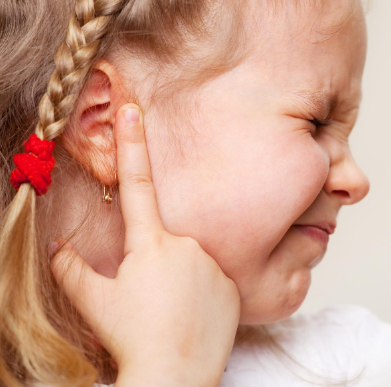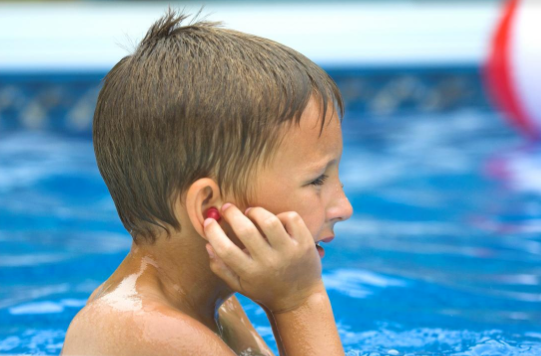Ear infections are one of the most irritating conditions because they can cause acute, sharp pain. These infections are more common in children, although they can also affect adults. By learning more about the symptoms, causes, and treatments for ear infections, you can better protect your family and yourself.
Symptoms of Ear Infections
Ear infections can be viral or bacterial. They can occur in the middle ear, also known as the tympanic cavity, as well as in the outer and inner ear. The infection usually does not last more than 5 days and does not need special treatment. However, there may be chronic cases in which the infection is recurrent, causing complications if not properly treated.
The onset of symptoms is usually quick and easily recognizable. These symptoms include:
- Ear pain
- Fluid coming out of the ear
- Hearing problems
In young children, and especially in babies, symptoms may also include:
- Not reacting to certain sounds
- Being irritable
- Not having an appetite
- Pulling or scratching at the ear
- Fever
- Losing balance
- Trouble sleeping
Common Causes of Ear Infections:
Ear infections occur when the Eustachian tube (the tube that connects the middle ear to the back of the throat) becomes inflamed or blocked. This results in inadequate drainage of fluids. The accumulation of fluid creates an environment for viruses and bacteria to thrive. Common causes of inflammation or blockage of the Eustachian tube are:
- Allergies
- Flu or cold
- Sinus infection
- Respiratory infection
Risk Factors of Ear Infections
There are certain factors that can make it more likely to develop an ear infection, including:
- Exposure to poor air quality: pollution and tobacco air often cause respiratory problems.
- Age: children between 6 months and 2 years have smaller Eustachian tubes and their immune system is still developing.
- Babies who are bottle-fed lying on their backs are more prone to ear infections as the liquid can get into their Eustachian tubes.
- Craniofacial malformations such as cleft palate.
- Allergies, especially seasonal allergies such as pollen allergy.
- Weakened immune system due to treatments or diseases like diabetes.
- Changes in altitude and temperature.
- Spending a lot of time in humid environments. Fluid accumulated after swimming can cause a bacterial infection in the external ear called swimmer’s ear.
Ear Infection Treatment
Middle ear infections can be easily treated. Ibuprofen or acetaminophen can be used to control pain. Remember that children under 16 should not take aspirin unless prescribed by a doctor.
In many cases, the body itself will clear up the infection within two to three days. However, the doctor can prescribe antibiotics if the infection lasts more than 5 days and its source is bacterial. If the infection is viral, antiviral medications will be administered.
At home, you can apply hot or cold compresses around the ear to relieve pain. Make sure to clean up any fluid discharge that comes out. Do not insert anything into the ear; using cotton swabs, fingernails, clips, or other objects may worsen the infection or cause an injury inside the ear.
When Should You Go to the Doctor?
You should go to the doctor if:
- You have a fever above 102.2ºF or 39ºC.
- The symptoms do not improve after 3 days.
- There is discharge coming from the ear.
- There are other symptoms such as nausea and vomiting.
- You experience a loss of hearing.
- The ear infections are recurrent.
How to Prevent an Ear Infection?
There are several things you can do to prevent ear infections:
- Make sure your hands are always clean.
- Avoid tobacco smoke.
- Stay up to date on vaccinations to prevent viral infections.
- Dry and clean your child’s ears thoroughly after swimming.
We know that your child’s health and well-being are the most important to you. That’s why at DFW Family Clinic, we are committed to providing the best care for you and your entire family. We don’t only provide treatment for acute illnesses, but also preventive care and regular checkups for your child. Contact us to schedule an appointment and relieve any ear discomfort your child may have.










